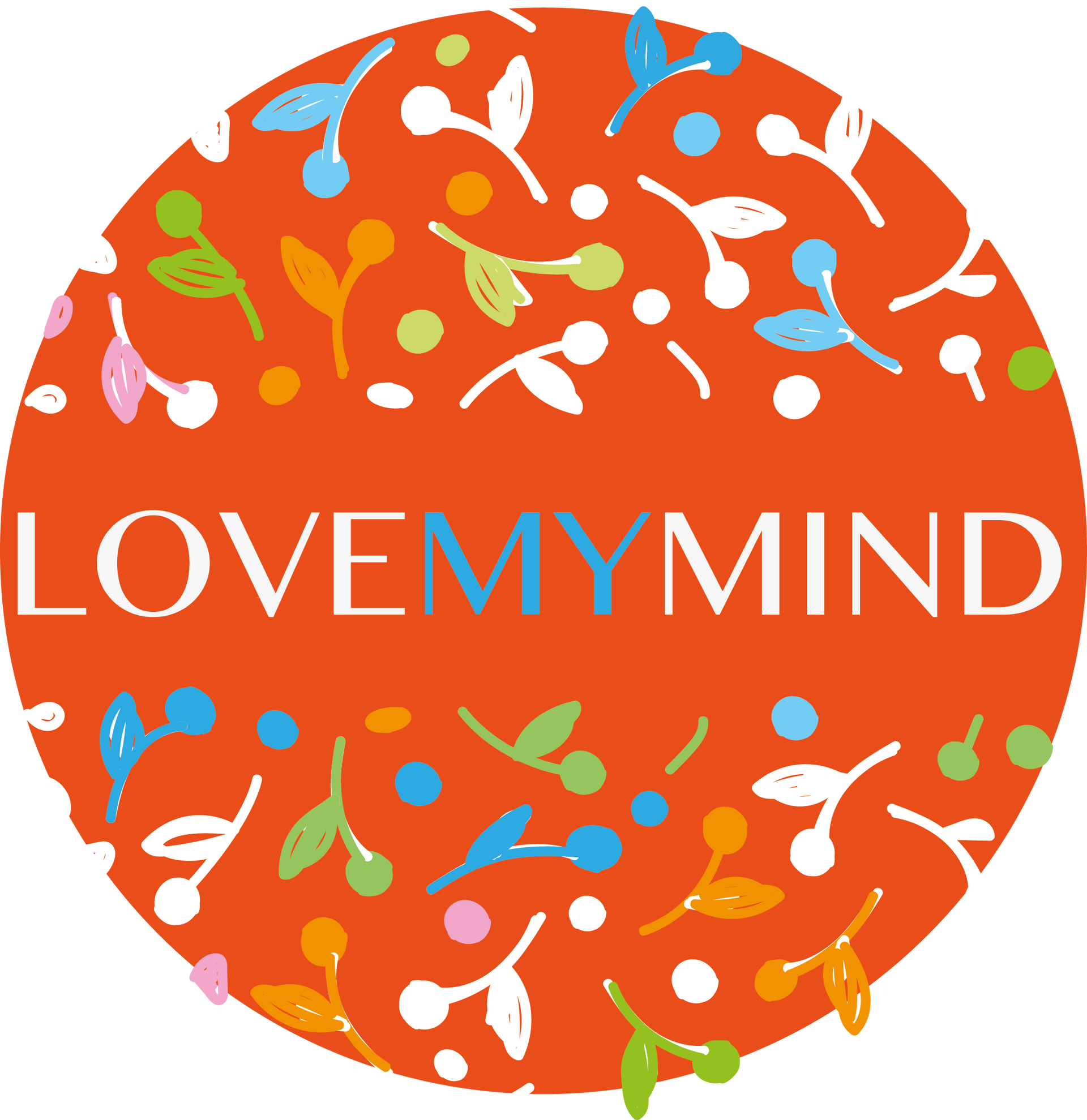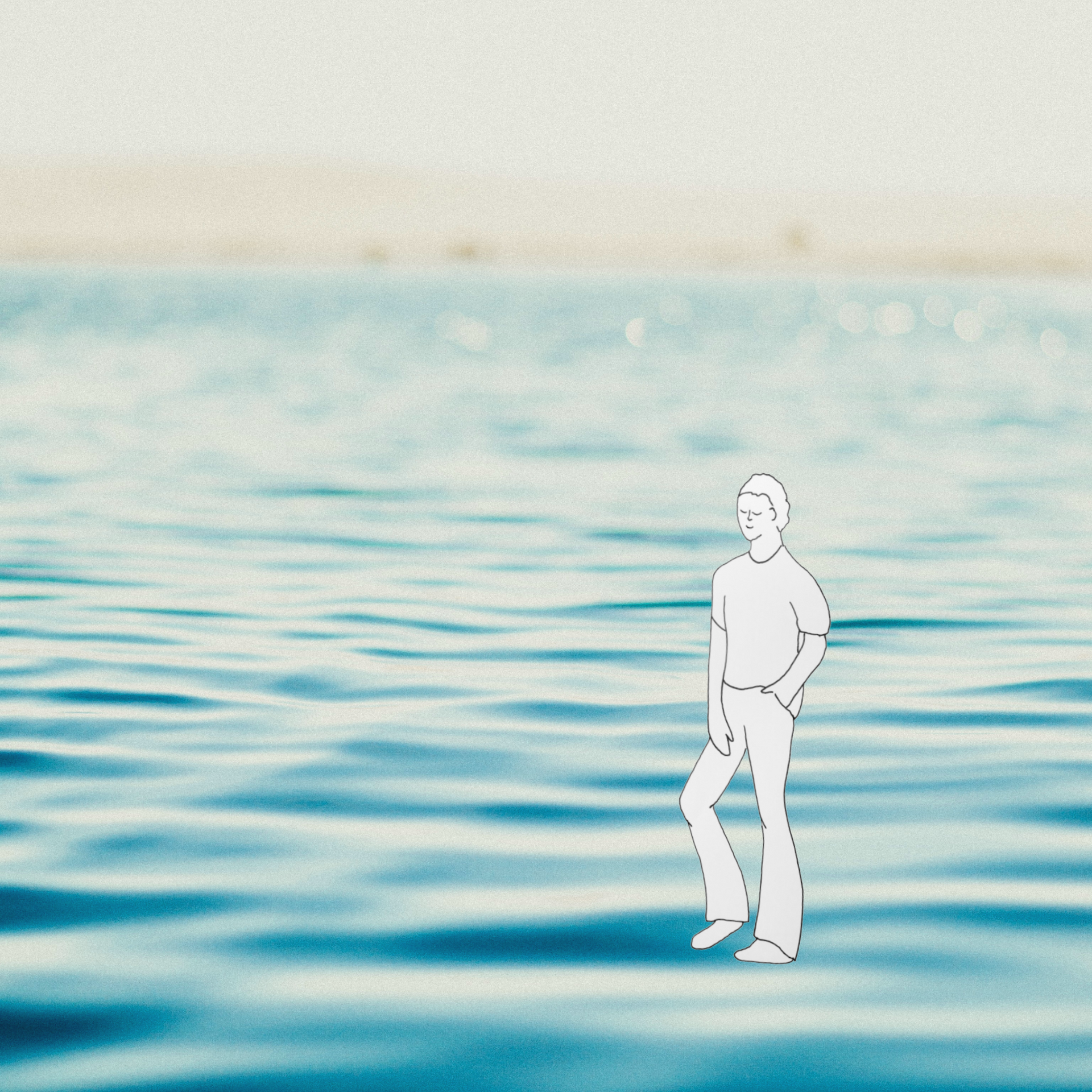AVAILABLE ONLINE OR IN BATH, UK. BOOK YOUR FREE DISCOVERY CALL TODAY - CALL FLEUR ON
07704429577 - EMAIL
fleur@lovemymind.co.uk
The meaning of Life
Have you ever stopped and thought about how much we have changed since we crawled out of caves? How have we evolved from grunting hairy beasts into intelligent purposeful people?
Primitive humans shared so many of the same emotions and feelings, needs and wants as us. They would have experienced joy, happiness, fear and sadness, but they had to fight for survival. They had to hunt, and had to find shelter. They had to be tough and brave.
To help with their adversaries they were given the happiness hormone to strengthen them to conquer their challenges. Everytime they built a relationship, created a tool or used intellectual thinking they experienced a rush of serotonin that encouraged them to do something else bravely, creatively and with love. Without this feeling, no doubt we wouldn’t be here today.
Even now, we are still evolving. We still use the happiness neurotransmitter to guide us towards activities that give us pleasure, peace, accomplishment, purpose and hope.
As we follow our pleasure hormones, we build on the experiences of others, adding on, improving, creating tiny changes in thoughts, actions and idealisms. We use the teachings of our ancestors to continue to develop new skills and new resources. We enhance our knowledge with our own experiences, making us combinedly responsible for the ideas that are created indirectly as we vibrate together.
Issac Newton and Albert Einstein were both influenced by scholars and scientists. They were taught, steered and moulded by the ideas of others. They built on their learnt knowledge, ignited, followed their passions and became dedicated to enquire and understand. Their discoveries led to more investigation. A chain of questions and answers, built on by each thinker and each concept.
We might not discover the next greatest invention or build upon the big bang theory, but we are all able to make a difference in our own unique way. The way we live our lives influences the lives of others directly and indirectly. We can choose a path that allows us to feel authentic and positive, thus inspiring others to do that too.
I believe this is the true meaning of life. We all have the option to create a positive impact in our own tiny way. Every action makes an indent, every smile or frown ripples, every idea is a potential inspiration. Having an understanding of the impact our own lives make can help us to make sense of the direction and choices we can take.
Make sure your path feels true to you. Do what feels honest. Carve your influence with kindness and compassion. Your positive imprint will shape the building blocks of our descendants. This is the inheritance we pass down to the future generations.

Happy Customers...
-

Highly Recommended!
IT WORKED!!!! After many years of trying and failing to give up I actually can't believe how easy this feels. I've tried most things, including hypnotherapy, before so was quite skeptical about it working on me. Once a smoker, always a smoker was my mantra every time I failed. Fleur not only delved into the nitty gritty of why I smoke and the excuses we tell ourselves, but tapped into my subconscious with a super relaxing hypnosis session. Her colourful and warm personality combined with her beautiful home and professional approach made the experience truly enjoyable. It's early days still, but I feel confident, proud and excited that I can live a healthier, longer life free from smoking. Helen Bath UK
Helen 
It's absolutely helping me
"Fleurs hypnotherapy has given more confidence and it's helping me to understand how I react emotionally in situations. I absolutely would recommend Fleur! She is really lovely and supportive - like a ray of sunshine, easy to talk to and very relaxing. Our sessions are very valuable. I love it when she changes the hypnosis bit to be really specific to me.”
Lisa, Bath UK
Fleur is Fabulous and Calming
“I was looking for better coping mechanisms, and Fleur has helped me cope better with day to day stresses and strains. She was fabulous, very calming yet direct, the sessions felt nearly like a life training session, I’d good to take stock of life on a weekly basis (and the ongoing to do list that never seems to reduce) but would positively address what I have achieved and my next goals to my preferred future.”.
Ali, Batheaston UK
I can finally see the light
“Fleur is calm and caring so I could open my mind. She made me feel at ease and helped me understand my behaviour. I've been battling with my mental health for years but after seeing Fleur, I am starting to see the light. Hypnotherapy has helped me sleep better at night and appreciate the beauty in the world around me. I am able to catch myself in the act of thinking negatively and change that thought, and I am slowly working up the courage to leave the house alone after over a year!”
Cydney, Bath UK
Truly Life Changing
Fleur helped me get over my fear of thunder and lightening, three sessions and just like that, I no long have anxiety when I hear a rumble. Especially when I live in Australia. I have since been working with Fleur on other personal issues and she is amazing to work with, professioal, kind and knowledgeable. I would thoroughly recommend her to anyone.
Karen, Australia
Working with Fleur has been an absolute delight.
It’s a sensory journey just being with her in her home, but also with the hypnotherapy work we’ve done together. I say ‘together’ because she has been with me for every moment, held me through some really difficult stuff and given me, not only hope, but real tangible solutions..
Having been forced to change my life due to chronic illness and anxiety, I was feeling very stuck and despondent from trying so many methods to healing, all with varying success. Fleur also sought out additional practices to help me with my chronic illnesses, Fibromyalgia and ME/CFS. Tailoring the treatment to her client every session.
I am so glad I took the leap and got started with Fleur.
I still need to actively use the tools I’ve been given, but I honestly just feel so differently about stuff. In 8 sessions you’ve changed my life.
I’m forever grateful Fleur, THANKYOU X
Rose, Bath UK
Fleur helped me enormously during a very difficult time
I was experiencing anxiety, panic attacks and OCD symptoms.
I really enjoyed our sessions and Fleur made me feel comfortable and relaxed throughout. Thanks to her expertise, compassion and positive outlook I have learned coping strategies that I can use for life 🙂
Letts UK
Fleur really helped me to get out of quite a dark place.
Lots of anxiety, low mood, unable to think, focus, function… significantly easier after just two sessions but I feel that the course of 4 sessions has given me a toolkit to dip into and I am looking forward to joining in to calm club to help with my ongoing mental health and well-being.
Fleur’s approach is professional, caring and just lovely and really does bring the joy back.
Georgina UK
Fleur is an awesome therapist
She will literally bring colour into your life. I worked with Fleur for a year and she really made a big difference to my outlook on life. We slowly untangled through a web of my own problems/ insecurities. My fundamental perspectives have shifted and that is helping me live a more peaceful everyday life. I only stopped therapy due to a change in financial status, but I am looking forward to working with Fleur in the future. Thank you Fleur ✨
Kirsty UK
Fleur is great with teens!
Fleur is without doubt the best person my daughter has seen for support. She is so great at what she does. I would really recommend her and what she does.
Sally, Somerset UK
Fleur is an amazing person, she is so kind, caring and supportive.
Before I met Fleur I had crippling anxiety and did not believe in myself and my capabilities.
I quit a uni module because my anxiety took over. I then met Fleur and she got me through it. I walked into my role play exam and did it with minimal anxiety and passed! I believe to this day without Fleur I would of never done this.
I'm onto my next module now and I had no anxiety when preparing for a presentation and I have an exam coming up...and I feel confident about this.
Jo, UK
All Rights Reserved | LoveMyMind
















